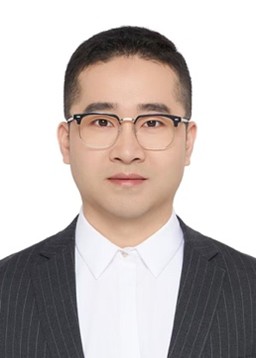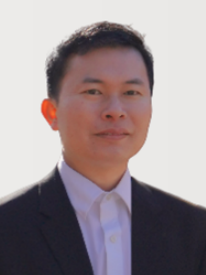


 Xuanle Ren, ShanghaiTech University, China
Xuanle Ren, ShanghaiTech University, China
Dr. Xuanle Ren is an Assistant Professor at the School of Information Science and Technology, ShanghaiTech University. He received his Ph.D. from Carnegie Mellon University and subsequently worked as a researcher at Alibaba DAMO Academy and Bitmain Technologies, contributing to the development of trusted systems and high-performance accelerators deployed in products such as the AntChain privacy computing appliance and Bitmain mining chips. Dr. Ren has published over 10 papers in top-tier conferences and journals including DAC, DATE, TCAD, and VLDB, and holds 18 patents in China and the U.S. He has received honors such as the National Outstanding Self-Financed Students Scholarship and Shanghai Industry Elite Talent Award, and was recognized as a Senior Engineer in Integrated Circuits by Shanghai. His research focuses on algorithms, architectures, and hardware acceleration for privacy-preserving computation, including homomorphic encryption and zero-knowledge proofs, with particular interest in privacy-preserving databases and collaborative modeling under privacy constraints.
 Guibo Luo, Peking University, China
Guibo Luo, Peking University, China
Guibo Luo is an Assistant Professor and Ph.D. Supervisor at the School of Electronic and Computer Engineering, Peking University. He received his Ph.D. degree from Peking University, and subsequently conducted postdoctoral research at Harvard Medical School and Massachusetts General Hospital. His research focuses on privacy-preserving computation and foundation model training, with an emphasis on discovering and quantifying scientific patterns from heterogeneous real-world data while ensuring privacy and security in collaborative settings. Recently, he has been investigating efficient multi-institutional collaborative intelligence without exposing private data. To this end, he has developed a systematic research framework that connects (i) the creation of real-world multi-center datasets, distribution-shift characterization, and benchmark evaluations, (ii) communication-efficient privacy-preserving learning and secure computation paradigms, and (iii) privacy-preserving collaboration between foundation models and lightweight edge models under stringent communication and compute constraints. His work further emphasizes reliability and accountability in real deployments, and has led to practical deployments in healthcare, embedded systems, and embodied intelligence. He has published more than 80 papers in leading journals and conferences, including IEEE TPAMI, IEEE JBHI, Radiology: AI, IEEE TCSVT, IEEE TCDS, Journal of Digital Imaging, CVPR, ECCV, AAAI, KDD, ICSE, IJCAI, and MICCAI. He also serves as a reviewer for journals and conferences such as IEEE TIP, IEEE TNNLS, Knowledge-Based Systems, CVPR, ICCV, ICLR, NeurIPS, KDD, and MICCAI.